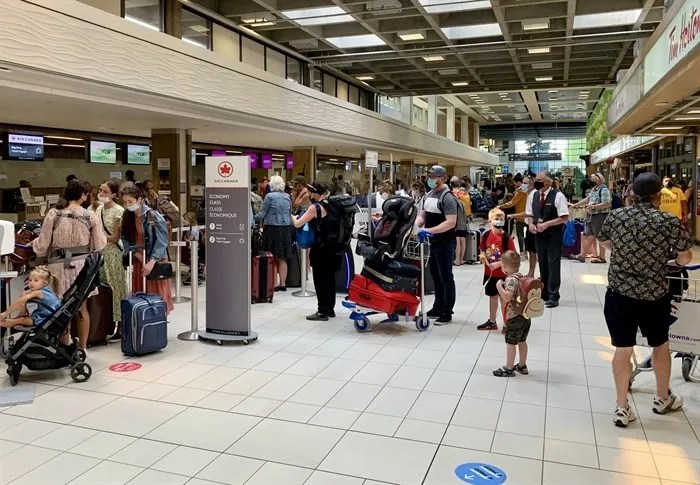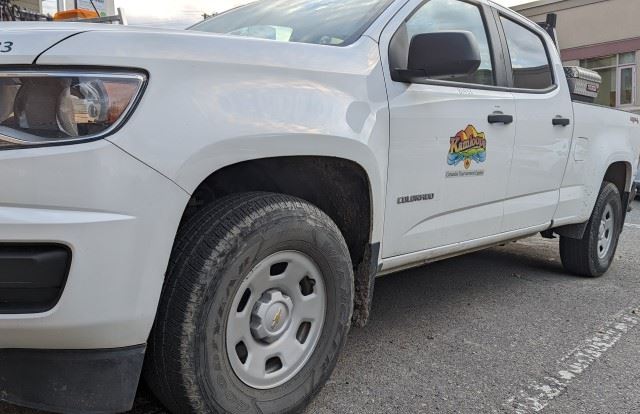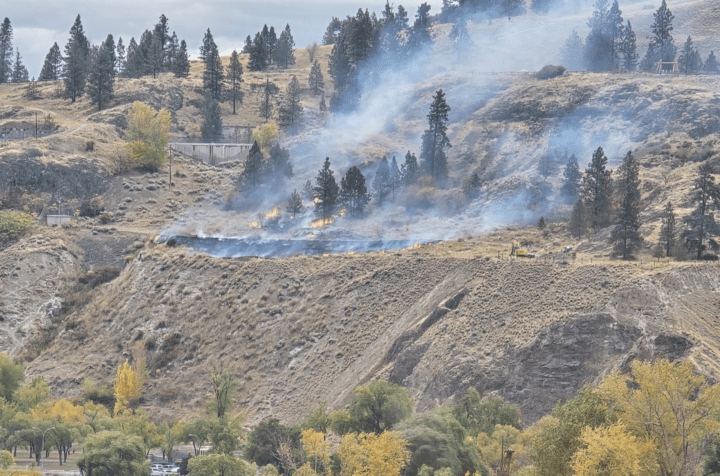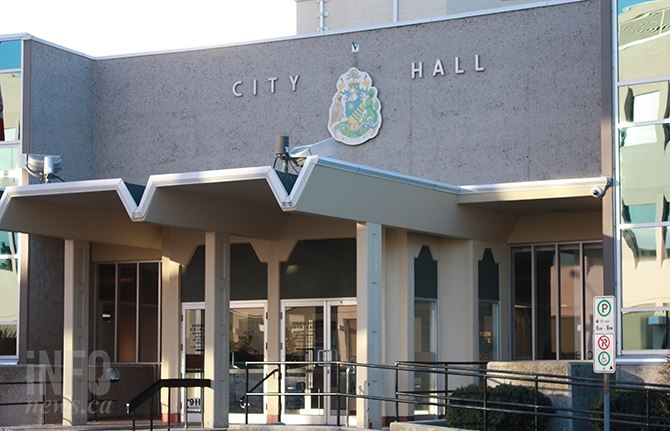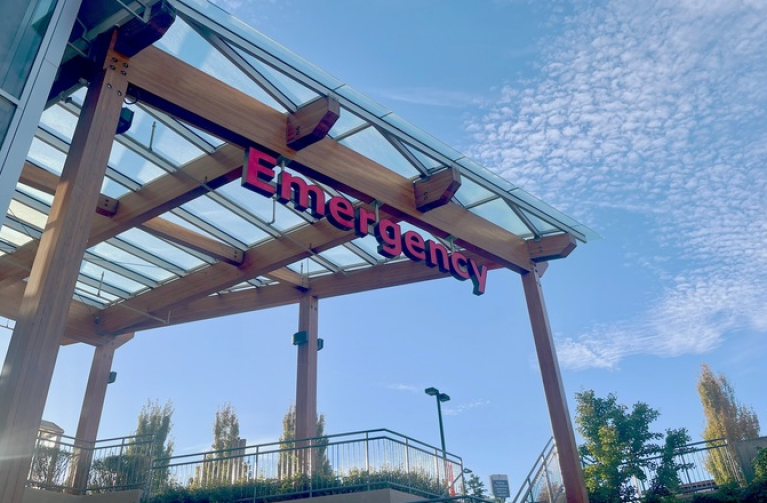Okanagan mayors push for treatment over public drug use to combat opioid crisis

Families and children should not have to witness open drug use and overdoses when going to parks, bus stops or other public spaces, Okanagan mayors say in an open letter to the provincial government.
The letter is meant to support the province’s decision to appeal the recent court decision to block legislation that would limit where drugs could be used in public spaces.
The mayors are also pushing for increased treatment facilities.
READ MORE: Court injunction against law banning public drug use disappointing, say police chiefs
“There is an urgent need for unprecedented and expedient changes to the health care systems, and we continue to urge the province to create more treatment, support and complex care spaces across our region and province urgently to truly address the opioid crisis and preserve health, safety and social order in communities,” the letter says.
“In the absence of the provincial health system providing sufficient treatment centres and harm reduction sites that are readily and easily accessible for those who seek support for substance addiction, the scales are being tipped in the opposite direction. Our residents and businesses are experiencing continued escalating safety concerns and costs while frustrations continue to mount with the social discord on the streets of our cities.”
The province decriminalized the possession of small quantities of illicit drugs in a three-year pilot project that started a year ago.
Many municipalities quickly pushed to have parks and playgrounds deemed off limits for open drug use. The province passed legislation last fall to comply with those requests but it was challenged by the Harm Reduction Nurses Association who won an injunction to keep the law from taking effect at least until March 31 of this year.
READ MORE: Ending drug decriminalization won't save lives, B.C. minister says on anniversary
“Families in our communities have a right to enjoy our parks, fields and beaches without having their young children witnessing open drug use of meth, cocaine and heroin or worrying about exposure to the detrimental impacts of toxic substances and drug paraphernalia; business owners, employees and customers have a right to come and go from their place of business without an individual actively using drugs or being in a drug-induced state resulting in unpredictable behaviour; and those who use our transit systems have a right to sit on the public infrastructure benches provided at bus stops for the intended purpose of seeking respite as they await their next ride instead of the space being overtaken by an individual using drugs publicly,” the letter says.
“The case for open public drug use is often made for the purpose of life preservation, however, it is unfair and unreasonable to put that responsibility on the general public to provide the immediate response. For a resident, a young family, a senior citizen, a teenager going to work or taking the bus to witness an overdose is traumatizing. It is unfair and unsettling to place that responsibility on the shoulders of our citizens.”
The letter was signed by the mayors of Kelowna, Vernon, West Kelowna, Penticton, Lake Country, Peachland, Summerland, Oliver and Princeton.
To contact a reporter for this story, email Rob Munro or call 250-808-0143 or email the editor. You can also submit photos, videos or news tips to the newsroom and be entered to win a monthly prize draw.
Join the Conversation!
Want to share your thoughts, add context, or connect with others in your community?
You must be logged in to post a comment.













